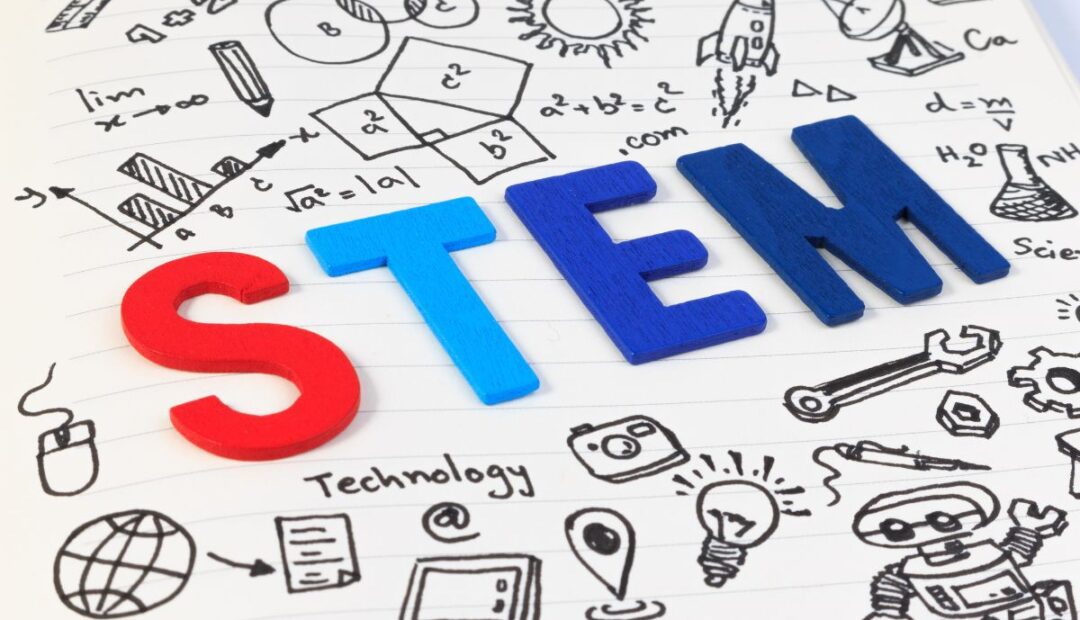USCIS Issues Clarifying Guidance on O-1 Petitions Focusing on STEM Fields

U.S. Citizenship and Immigration Services (USCIS) issued policy guidance to clarify how it evaluates evidence in considering petitions for O-1 nonimmigrant status for persons of extraordinary ability or achievement. Individuals may be eligible for this classification if they have extraordinary ability in the sciences, arts, education, business, or athletics or a record of extraordinary achievement in the motion picture or television industry.
This guidance focuses particularly on petitions by individuals in science, technology, engineering, or math (STEM) fields, where the evidence tends to be highly technical and complex. It also explains how USCIS determines whether an O-1 beneficiary’s prospective work falls within their area of extraordinary ability or achievement and how to address an O-1 beneficiary transitioning to a new occupation.
Understanding the Types of Evidence that STEM Petitioners May Submit
All O-1 nonimmigrant petitioners must establish that they have extraordinary ability or achievement in an eligible field. In addition, they generally must produce evidence that they have won a major national award or at least three forms of supporting documents. These documents can include items such as prizes or awards for excellence in one’s field, membership in associations, and published materials in professional or major trade publications, to name a few.
The guidance now contains an appendix listing extensive examples of supporting documentation that would serve as evidence of eligibility for O-1 nonimmigrant status in STEM fields. For instance, the policy guidance cites membership in the Institute of Electrical and Electronics Engineers and the Association for the Advancement of Artificial Intelligence as adequate supporting documentation for an O-1 petition.
Using Evidence of Comparable Significance
The modified USCIS guidance also notes that if petitioners can demonstrate that one or more of the criteria listed in the guidance is inapplicable to their occupation, they can submit evidence of comparable significance. The petitioner must explain why the criteria are inapplicable and why the evidence they have produced is of comparable significance. For instance, if a petitioner works in an industry rather than academia, so that publication of scholarly articles is not an option, the petitioner might produce comparable evidence of presentation at major trade shows.
Evaluating Whether Individuals Are Coming to Work in Their Areas of Extraordinary Ability
The updated guidance directs USCIS officers to focus on whether the individuals’ prospective work or services involve “skillsets, knowledge, or expertise shared with the occupation(s) in which the beneficiary has garnered acclaim” to determine whether individuals are coming to work in their areas of extraordinary ability. Officers must consider the totality of the evidence in making this determination, including the following relevant factors:
- Whether the past and prospective occupations are in the same industry or are otherwise related based on shared duties or expertise;
- Whether the prospective occupation is a supervisory, management, or other leadership position that oversees the beneficiary’s previous position or otherwise requires shared knowledge, skills, or expertise; and
- Whether it is common for persons in one occupation to transition to the other occupation(s) based on their experience and knowledge.
Contact Us Today for Legal Assistance with Your Immigration Case
Bashyam Global limits its practice solely to immigration matters. This focus allows us to concentrate our efforts on keeping abreast of the ever-changing immigration law and policy world. We represent your interests, no matter whether you need help with getting an employment-based visa, bringing a loved one to the U.S., or defending against deportation. So call us today at (919) 833-0840 and see what we can do for you.